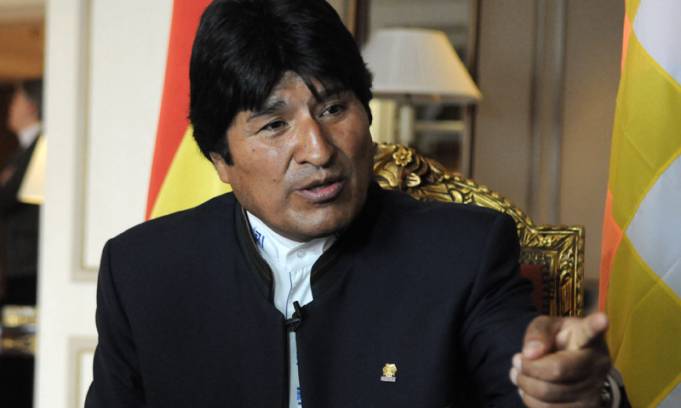The Bolivian Minister of Economics and Public Finances, Luis Arce reported yesterday that since 2006 the gap between the incomes of the richest and poorest in the country has reduced significantly.
Arce reported that during the previous neoliberal governments the richest 10% of the population generated around 95 times more income than the poorest 10%, a gap which has narrowed over the last seven years.
“The Government now has information about how poverty has been reducing throughout this time. There are very interesting indicators of how the gap is reducing between the so-called richest and the so-called poorest. Today this gap has narrowed with the richest now earning 36 times more than the poorest. The gap between the richest and poorest has narrowed by 60,” Arce told the media.
According to Arce, Bolivia has ceased to be the country with the worst levels of poverty in Latin America thanks to policies driven forward by central government to achieve equitable distribution of wealth.
The head of the Economics and Finance Ministry said that in recent years 20 of every 100 inhabitants of rural areas of the country had escaped the condition of extreme poverty.
A few weeks ago, President Evo Morales proposed a Patriotic Agenda with 13 pillars aiming at the elimination of extreme poverty in Bolivia by 2025.
The Bolivian head of state emphasised that the 13 pillars are to consolidate Bolivia as it approaches the year 2025 as a country: free from poverty, with basic services, industrialised, economically independent, self-sufficient in food, with high technology, total health and education coverage and renewed access to the sea, among others.
At the last Summit of the Peoples of the Community of Latin American and Caribbean States (CELAC in its Spanish acronym) the Bolivian President highlighted the advances by his government in policies of social inclusion.
In that meeting, Morales said that the economic policies of his government had allowed 1.3 million citizens and in particular those in rural areas to escape extreme poverty between 2006 and 2012.
“In our country, extreme poverty has reduced by 1.3 million people, according to international organisations,” he said, explaining that this is, “10 per cent of the population of 10.3 million inhabitants who have stopped having to live on less than half a dollar a day.”
“Our policies have resulted in our rural brothers getting out of extreme poverty,” he stressed.










